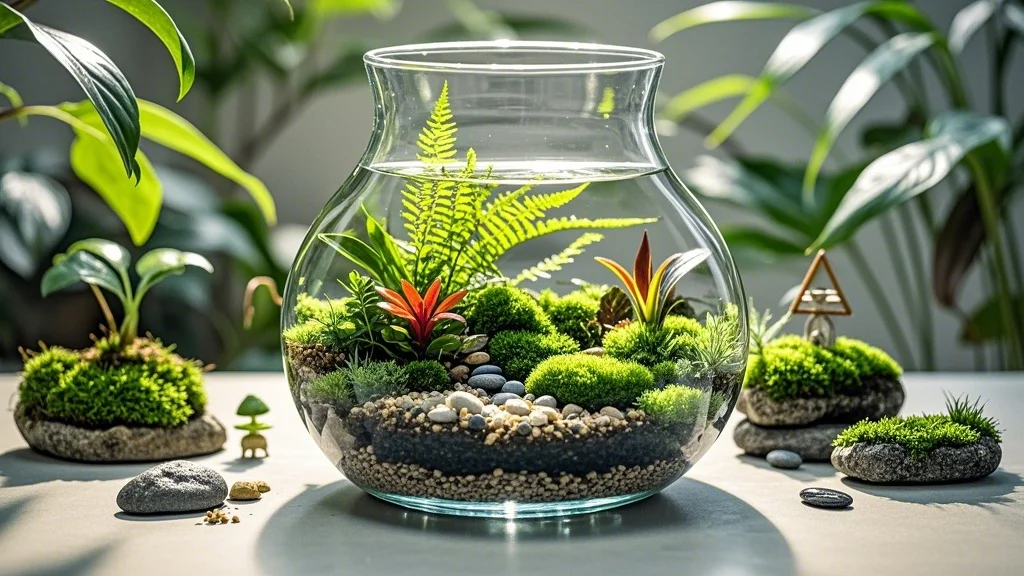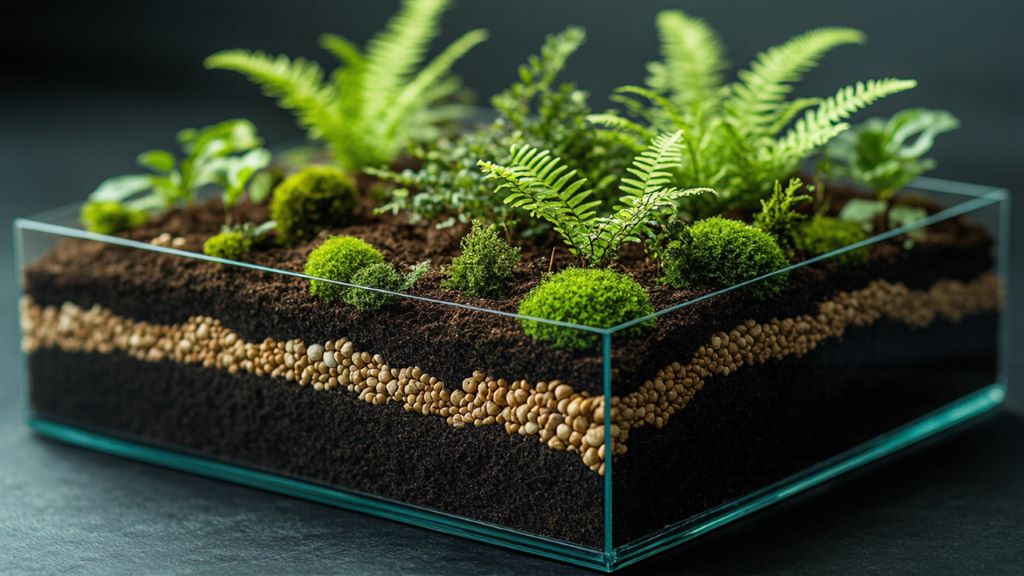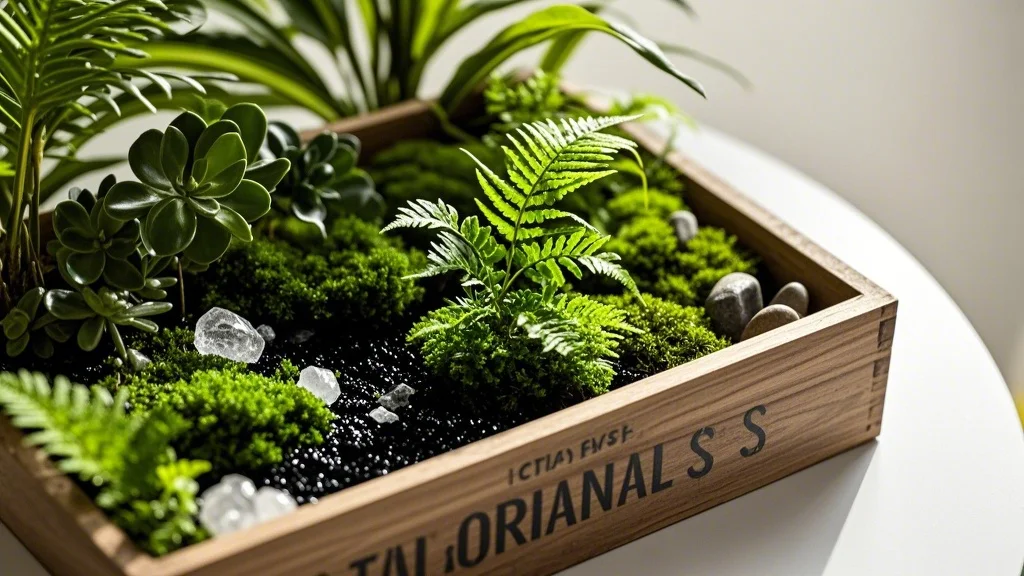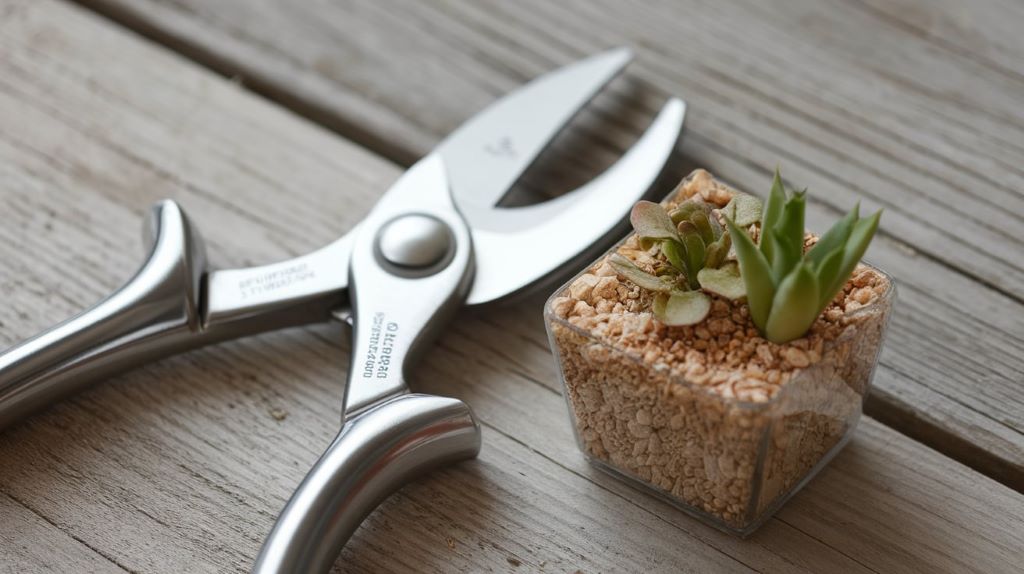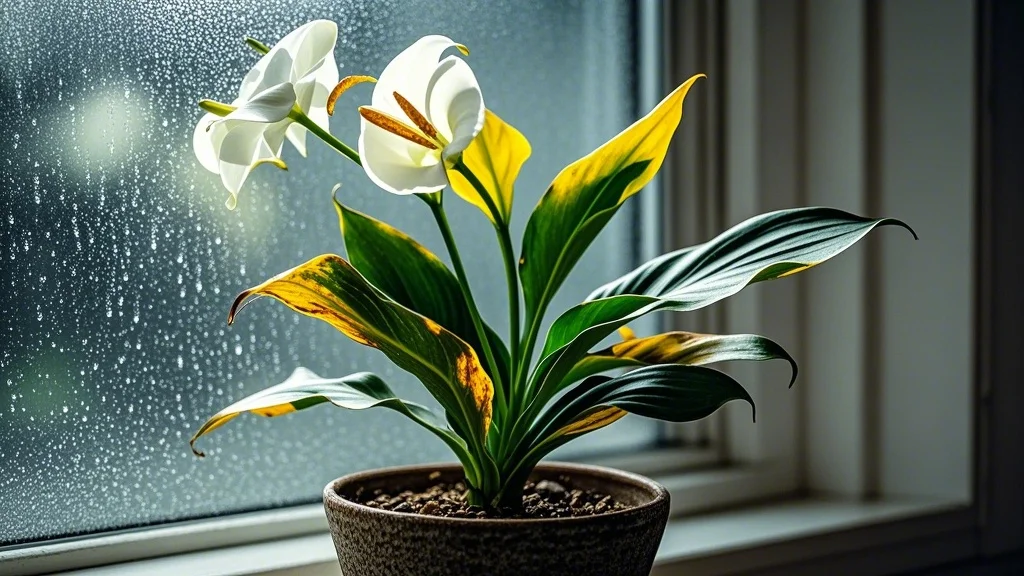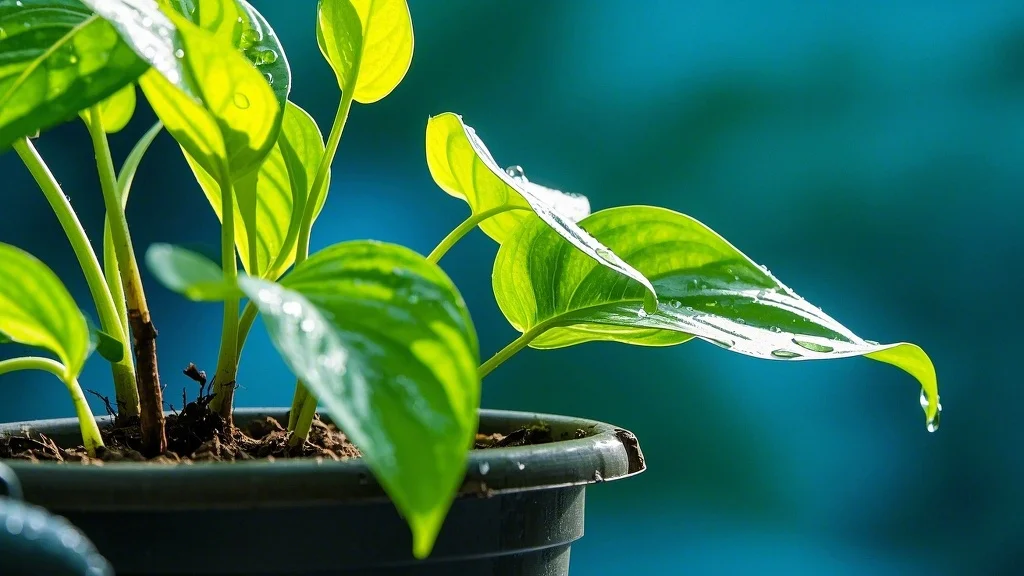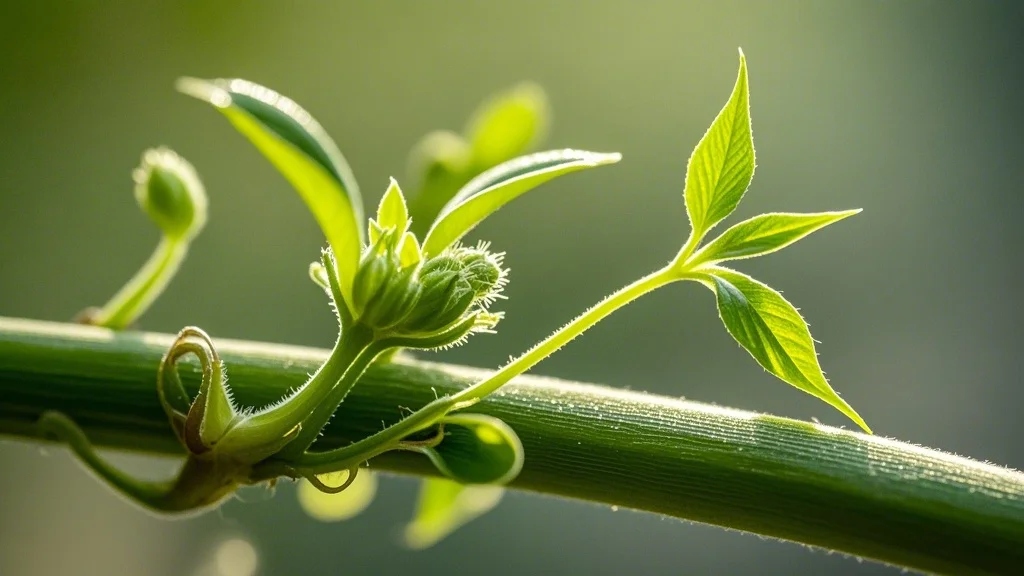Terrariums have long captivated gardeners and artists alike, offering a unique canvas for creativity within the confines of glass. But why stop at simple plant arrangements when you can craft entire narratives in miniature? Themed terrariums take this art form to the next level, allowing you to tell stories through carefully curated landscapes. In this guide, we’ll explore how to create captivating themed terrariums that transport viewers to tiny, magical worlds.
Contents
Choosing Your Theme
The first step in creating a narrative terrarium is selecting a compelling theme. Consider these popular options:
- Fairy Tale Forests
- Post-Apocalyptic Landscapes
- Alien Planets
- Underwater Kingdoms
- Miniature Cities
- Historical Scenes
- Fantasy Realms
- Seasonal Displays
- Literary Landscapes
- Zen Gardens
Let your imagination run wild – the only limit is your creativity and the space within your container.
Essential Materials
Before diving into specific themes, gather these basic supplies:
- Glass container (various shapes available)
- Small pebbles or gravel for drainage
- Activated charcoal
- Potting soil suitable for terrariums
- Small plants appropriate for terrarium environments
- Decorative elements (figurines, rocks, etc.)
- Long tweezers or chopsticks for precise placement
- Spray bottle for misting
Crafting Your Narrative World
1. Fairy Tale Forests
Transport viewers to an enchanted woodland with these elements:
- Miniature mushrooms
- Tiny fairy figurines
- Moss-covered “tree stumps”
- Delicate ferns and air plants
- Small LED lights for a magical glow
Create winding paths with pebbles and add a miniature cottage for extra whimsy.
2. Post-Apocalyptic Landscapes
Envision a world reclaimed by nature with these ideas:
- Decaying miniature buildings or ruins
- Overgrown vegetation (use fast-growing plants)
- Rusted metal elements
- Small animal figurines (mutated or normal)
- Barren areas with sand or gravel
Consider adding LED lights with a reddish tint for an eerie atmosphere.
3. Alien Planets
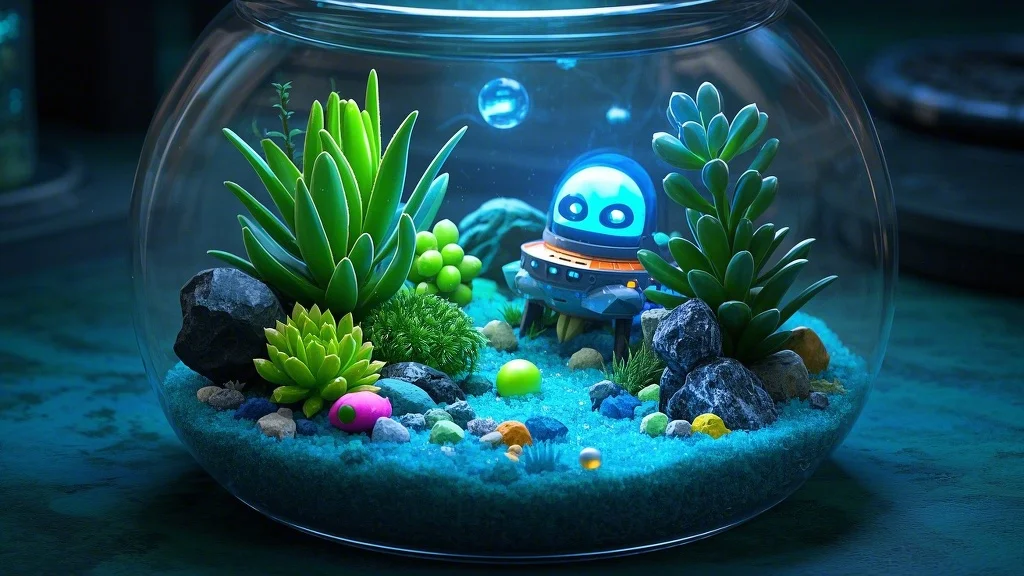
Craft an otherworldly ecosystem using:
- Unusual succulent varieties
- Colored sand or gravel
- Strange rock formations
- Alien figurines or “spacecraft”
- Glow-in-the-dark elements
Experiment with colored LED lights to create an alien atmosphere.
4. Underwater Kingdoms
Dive into an aquatic realm without water:
- Blue-tinted glass or gel for a water effect
- Coral-like succulent varieties
- Miniature shells and “sunken treasures”
- Small fish or mermaid figurines
- Sand and pebbles in various sizes
Use air plants to mimic underwater vegetation.
5. Miniature Cities
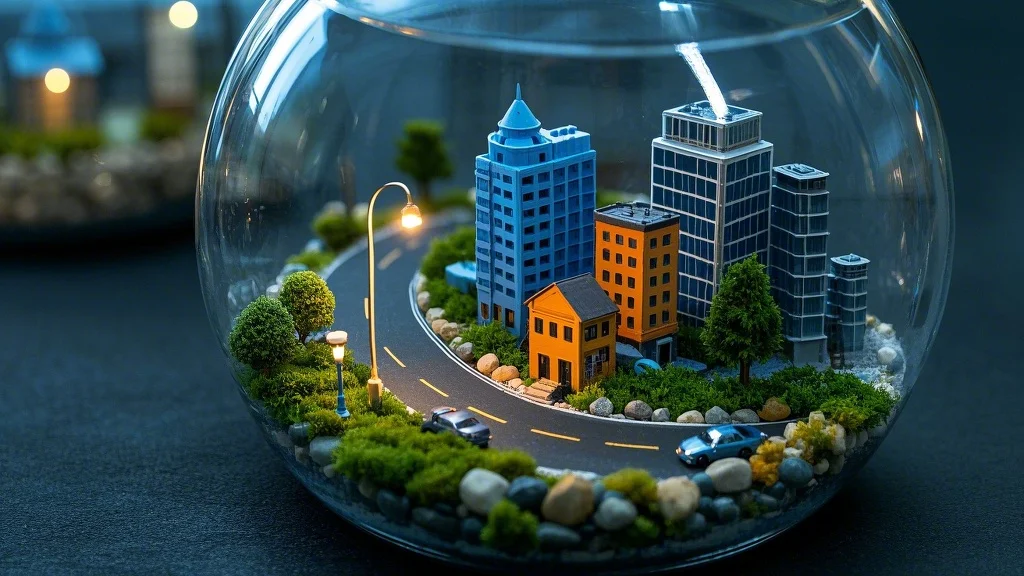
Build a tiny metropolis within your terrarium:
- Small-scale buildings and houses
- Miniature cars and street lamps
- Tiny trees lining “streets”
- Moss or low-growing plants for green spaces
- Pebble pathways and roads
Add small figurines to bring your city to life.
6. Historical Scenes
Recreate moments from the past:
- Miniature historical landmarks
- Period-appropriate figurines
- Vegetation matching the era and location
- Small props (e.g., tiny weapons for a battle scene)
- Colored sand or soil to match the setting
Research your chosen time period for accuracy in details.
7. Fantasy Realms
Let your imagination soar with mythical landscapes:
- Dragon figurines or “eggs”
- Crystal formations (natural or artificial)
- Mysterious-looking plants (e.g., Venus flytraps)
- Miniature castles or towers
- Colorful moss or lichen
Incorporate small LED lights for a magical ambiance.
8. Seasonal Displays
Capture the essence of different seasons:
- Spring: Flowering plants, pastel colors, butterfly figurines
- Summer: Lush greenery, miniature picnic scenes, tiny “pools”
- Autumn: Plants with red/orange foliage, miniature pumpkins
- Winter: White sand for snow, evergreen plants, tiny snow globes

